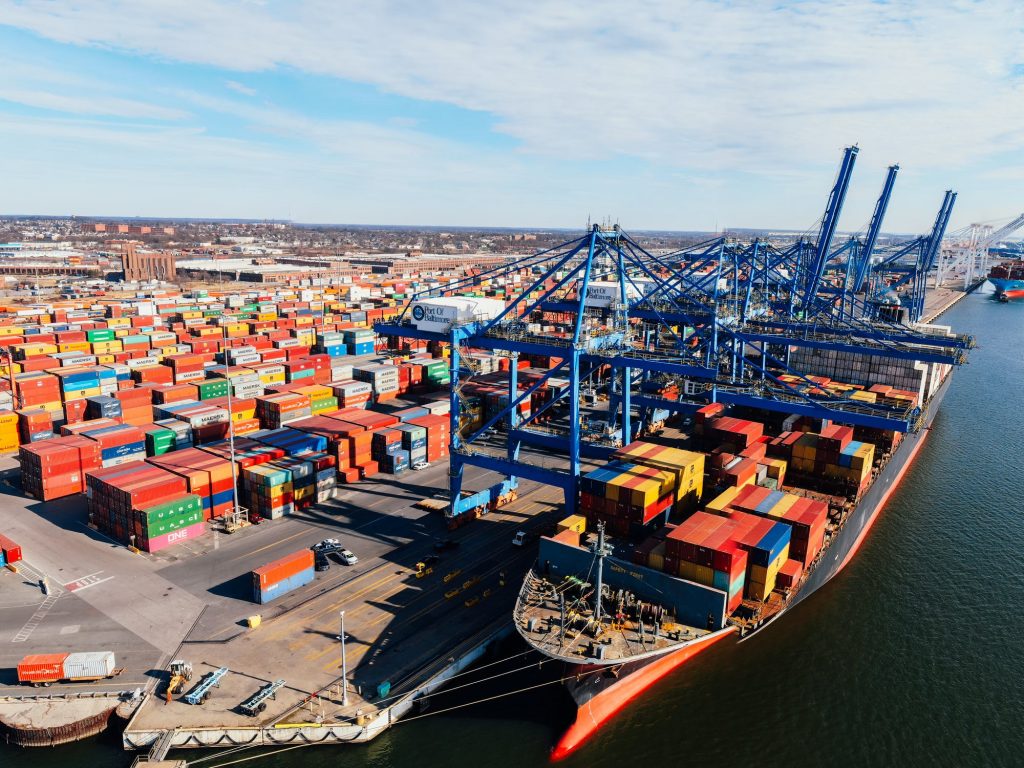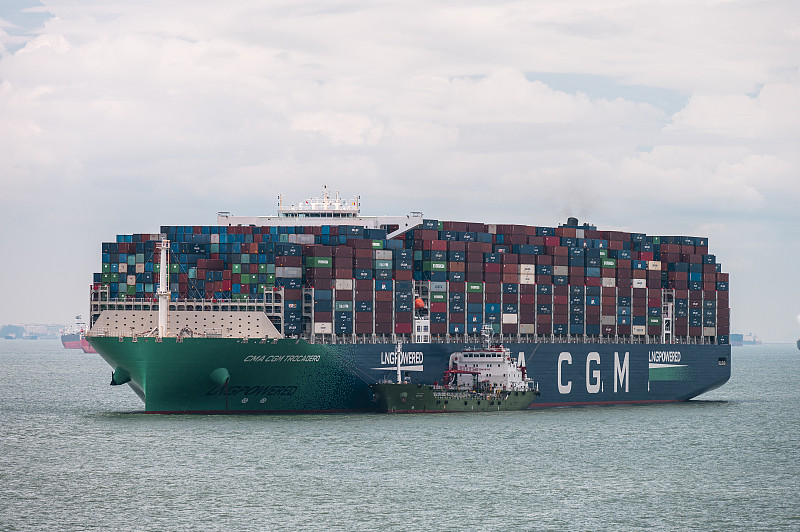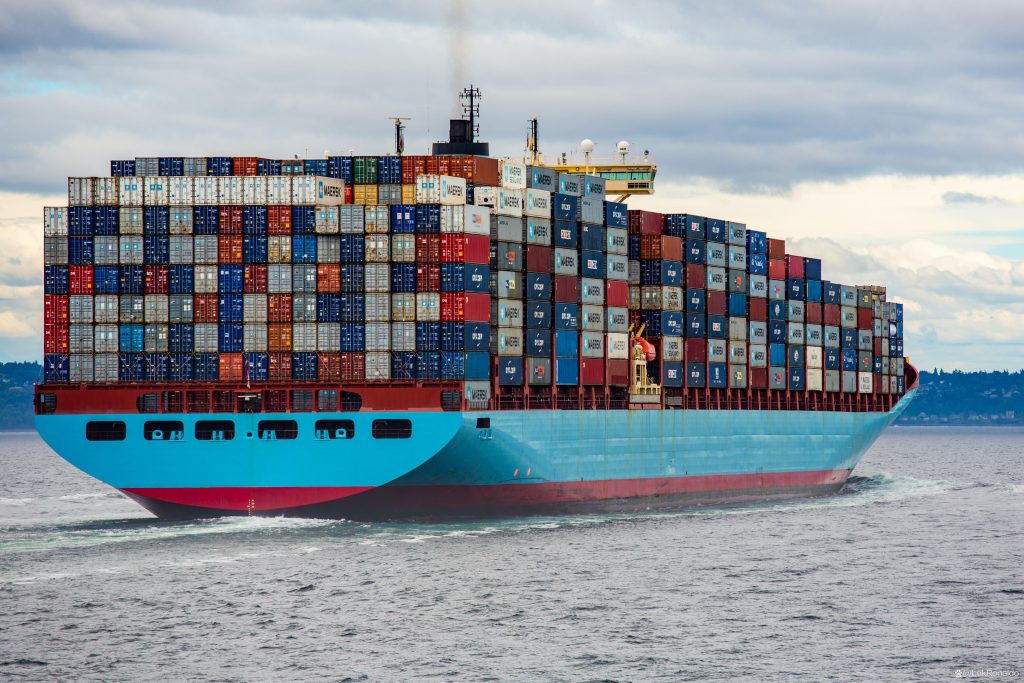
China Freight Forwarding 
China Freight Forwarding 
China Freight Forwarding 
China Freight Forwarding
The global shipping industry is undergoing rapid transformation, driven by fluctuating trade policies, supply chain disruptions, and evolving customer expectations. For businesses relying on international trade, partnering with a reliable freight forwarder is no longer optional—it’s critical to maintaining competitiveness. In this article, we explore the challenges reshaping global logistics and highlight how Chinese freight forwarding companies leverage expertise and innovation to deliver tailored solutions.
- The Evolving Landscape of Global Shipping
Modern logistics faces unprecedented complexities. Rising fuel costs, port congestion, and geopolitical tensions have disrupted traditional shipping routes. Additionally, the surge in e-commerce has amplified demand for faster, cost-effective cross-border transportation. For businesses, these challenges translate to higher operational risks and tighter profit margins.
Chinese freight forwarders are uniquely positioned to address these issues. Leveraging China’s robust infrastructure—including world-class ports like Shanghai and Shenzhen—these firms optimize routes and minimize delays. Their deep understanding of regional regulations further ensures compliance, reducing risks for clients.
- Leveraging Technology for Smarter Logistics
Digitization is revolutionizing supply chain management. Advanced tools such as AI-driven route optimization, blockchain-based documentation, and IoT-enabled cargo tracking are redefining efficiency. Chinese freight forwarders are at the forefront of adopting these technologies, integrating them into end-to-end solutions.
For instance, real-time data analytics allows forwarders to anticipate delays and reroute shipments proactively. Cloud-based platforms enable seamless communication between shippers, carriers, and customs authorities, cutting paperwork and processing times. By embracing automation, Chinese logistics providers reduce human error and enhance transparency, giving clients a competitive edge.
- Sustainability: A Strategic Priority
The global push toward decarbonization has intensified demands for eco-friendly logistics. Industries face pressure to reduce carbon footprints, comply with environmental regulations, and meet consumer expectations for sustainability.
Chinese freight forwarders are responding by integrating green practices into their operations. This includes optimizing container utilization to minimize empty space, adopting electric or hybrid transport modes, and partnering with carriers committed to carbon-neutral shipping. Some firms also offer carbon offset programs, enabling businesses to neutralize emissions generated during transit. These efforts not only lower environmental impact but also align with global ESG (Environmental, Social, Governance) standards, enhancing brand reputation.
- Customized Solutions for Diverse Needs
Every business has unique logistics requirements. A one-size-fits-all approach rarely suffices in today’s fragmented market. Leading freight forwarders emphasize personalized service, tailoring strategies to industries ranging from manufacturing to pharmaceuticals.
Take perishable goods as an example. Forwarders specializing in this sector use temperature-controlled containers and prioritize expedited shipping to prevent spoilage. For heavy machinery exporters, they coordinate specialized equipment and documentation to ensure smooth customs clearance. By aligning solutions with client goals, Chinese forwarders build long-term partnerships rooted in trust and reliability.
- The Future of Freight Forwarding: Adaptability and Innovation
As trade patterns shift toward emerging markets in Southeast Asia and Africa, flexibility remains key. Chinese freight forwarders are investing in local expertise to navigate new regulations and infrastructure gaps. Meanwhile, the rise of nearshoring and regional trade agreements requires agile adaptation to changing demand.
Investment in workforce training is another priority. By equipping teams with skills in data analytics, multilingual communication, and crisis management, forwarders ensure they remain agile in uncertain times.
Conclusion
In an era of volatility, Chinese freight forwarders combine industry expertise, cutting-edge technology, and a commitment to sustainability to deliver unmatched value. Whether streamlining cross-border shipments or building resilient supply chains, these partners empower businesses to thrive amid challenges.
For companies seeking a strategic edge, partnering with a forward-thinking freight forwarding provider is essential. Focus on firms that prioritize transparency, innovation, and customization—key pillars for long-term success in global logistics.
Optimize Your Logistics Strategy Today
Ready to transform your supply chain? Contact a trusted logistics partner to explore solutions tailored to your business needs. From cost reduction to carbon neutrality, the right collaboration can unlock new efficiencies and growth opportunities.
Keywords integrated naturally: international freight forwarding, global shipping challenges, logistics technology, sustainable supply chain, China logistics solutions.




